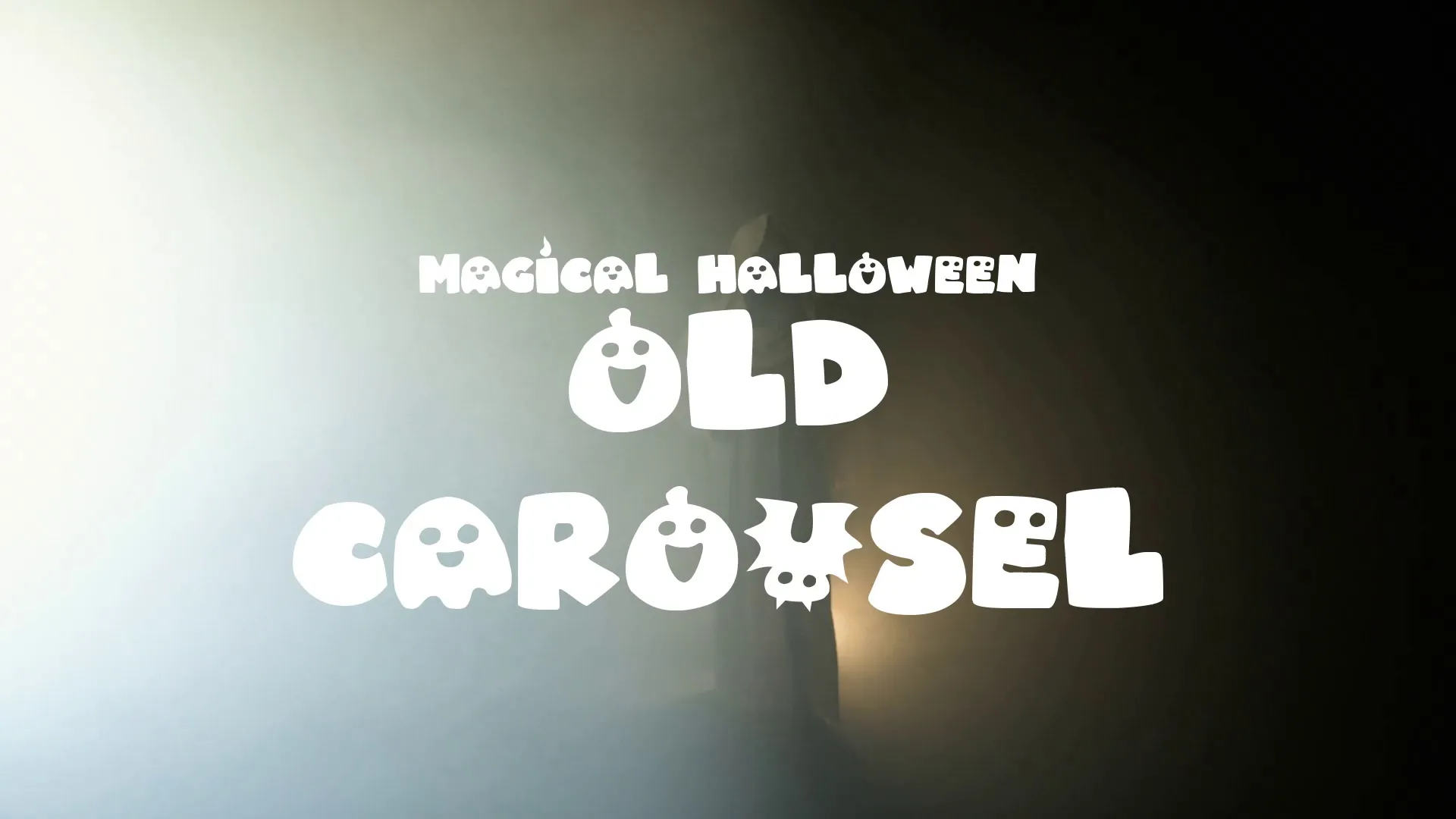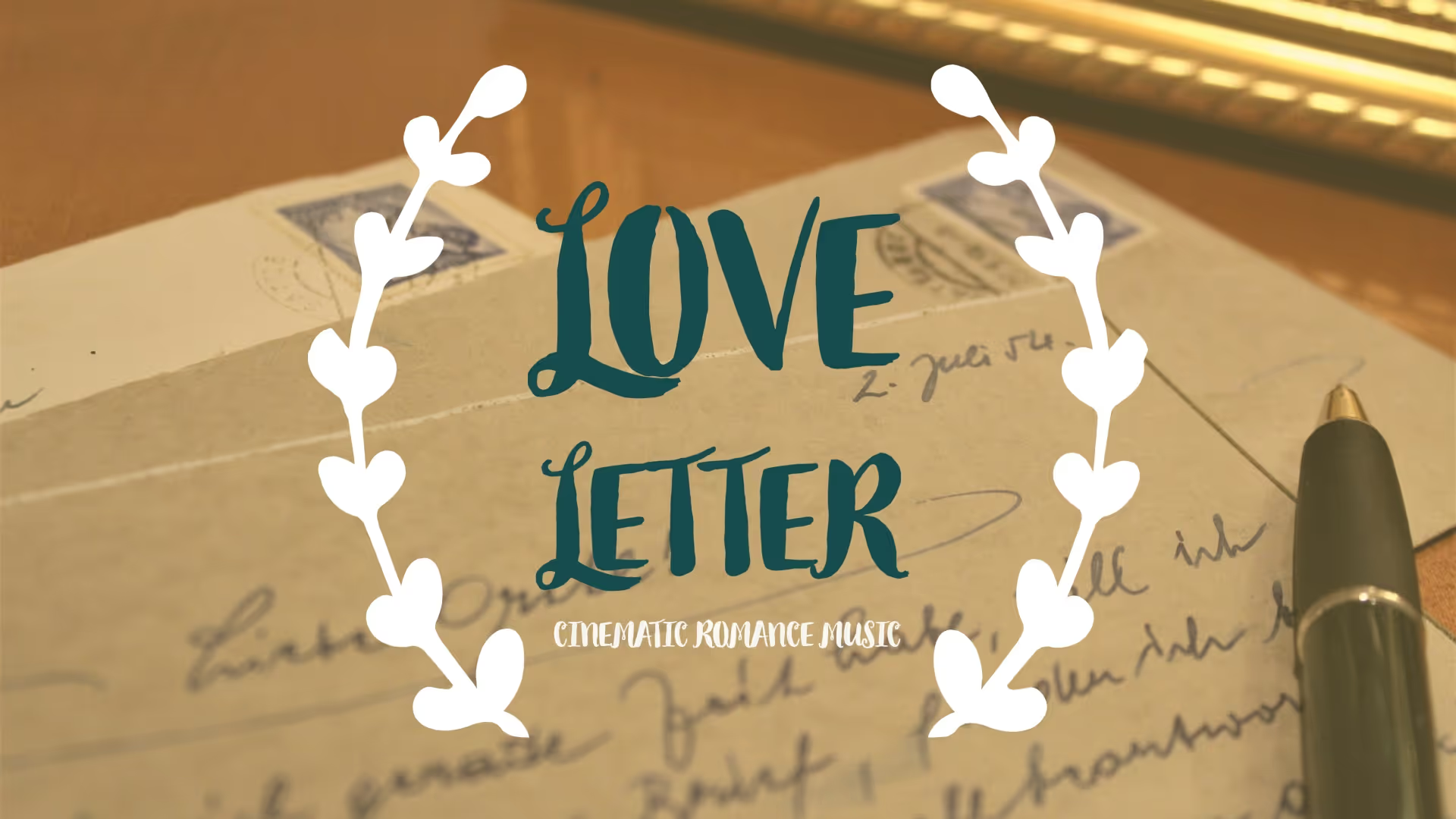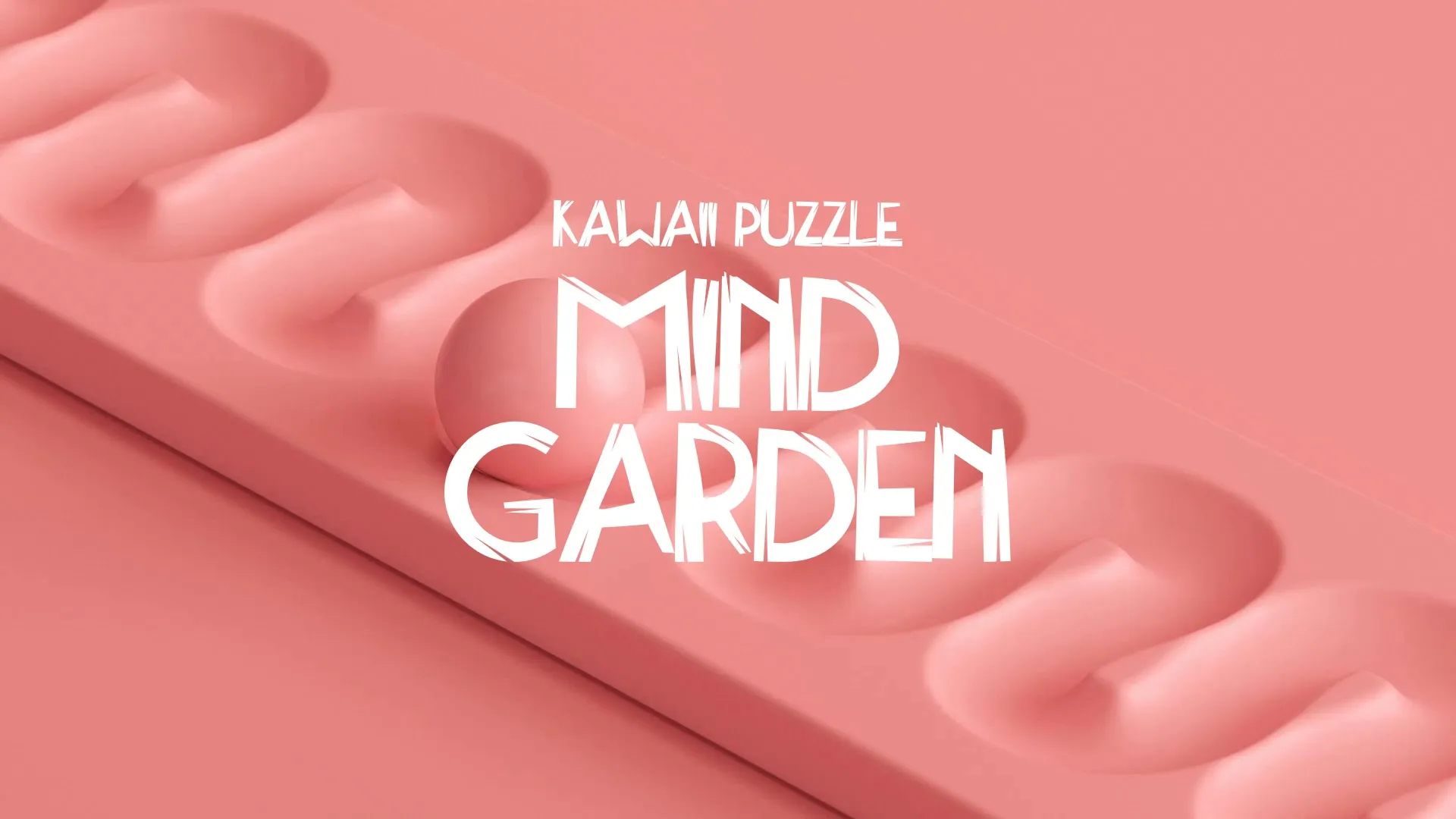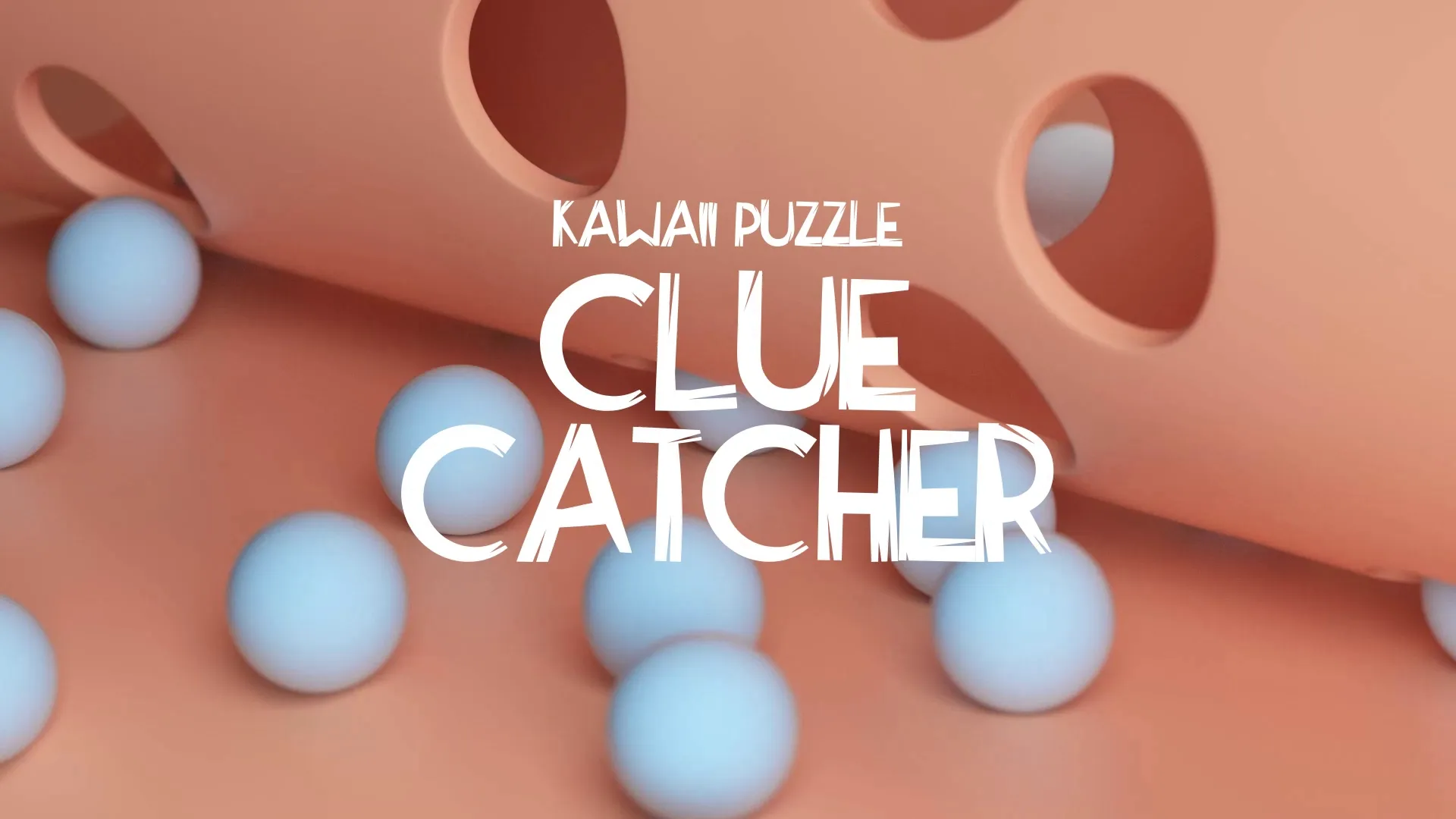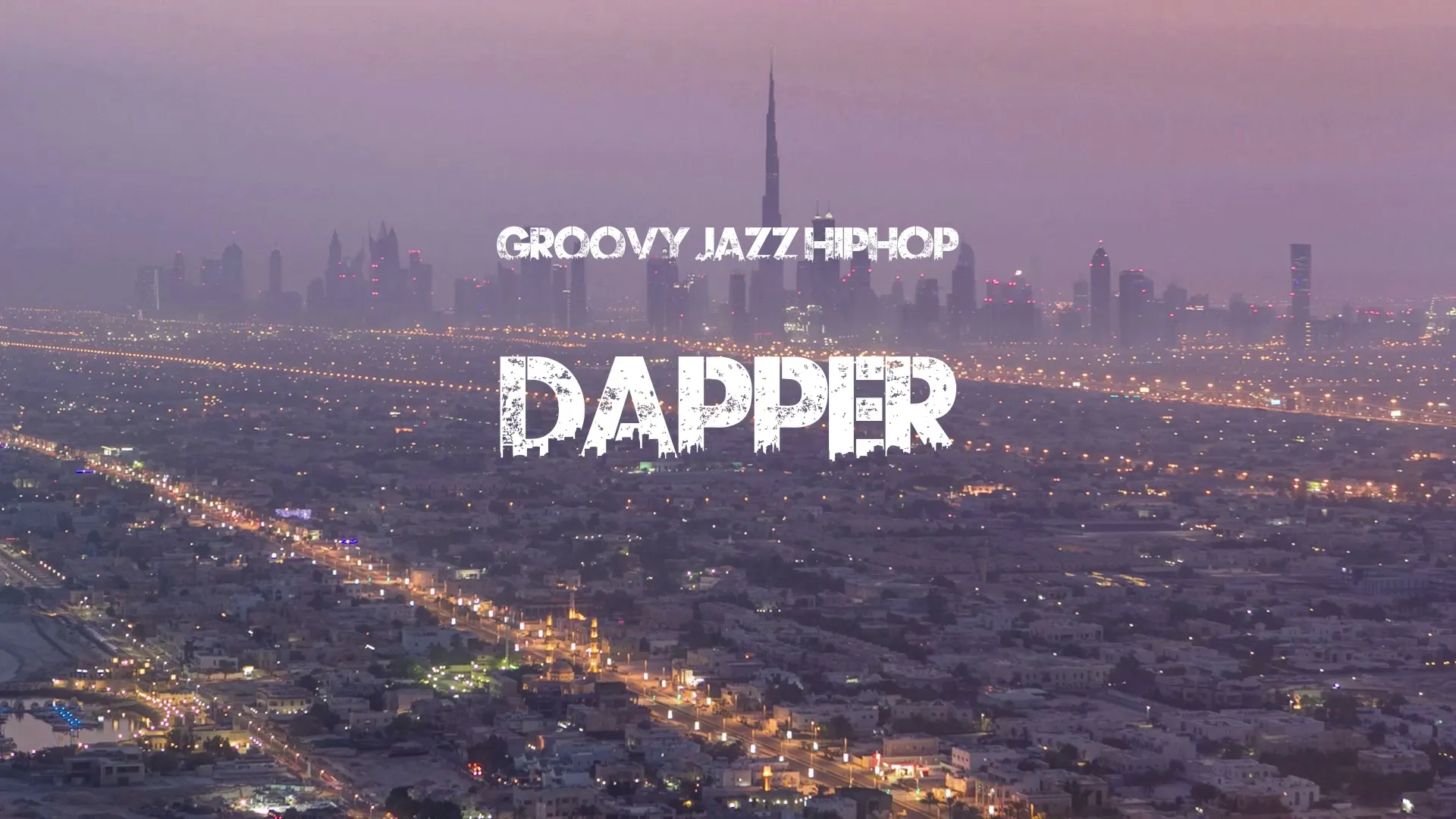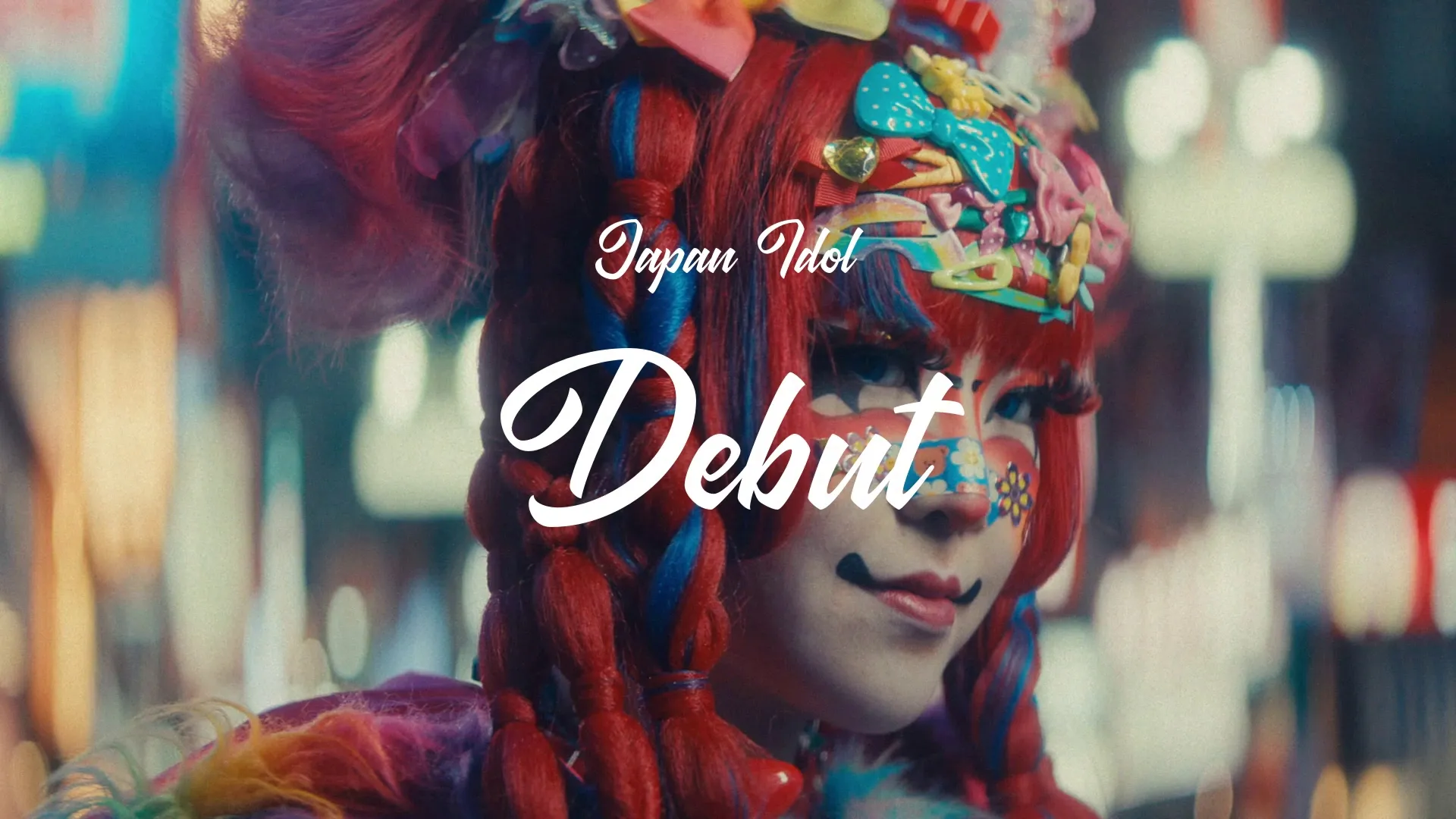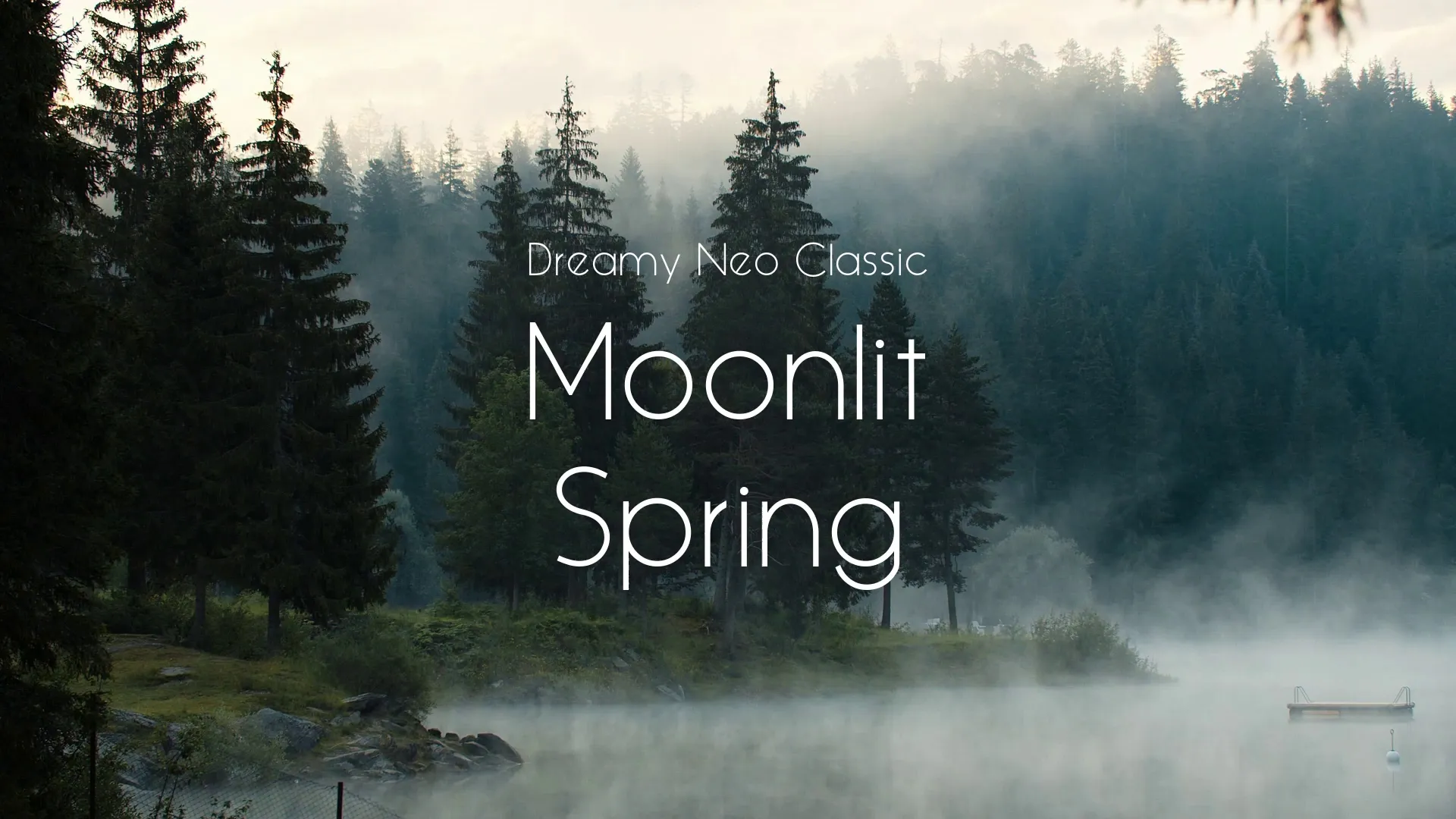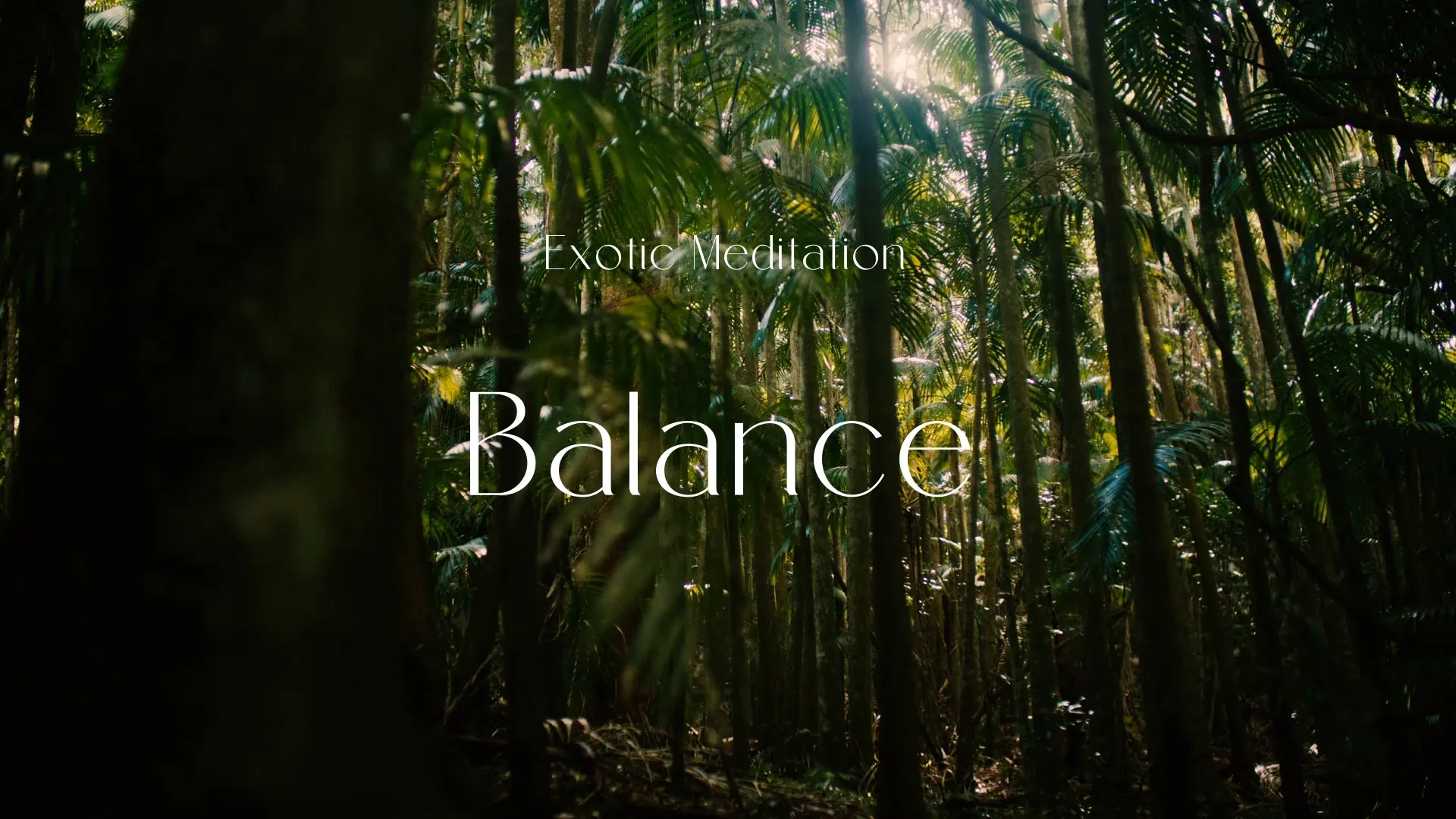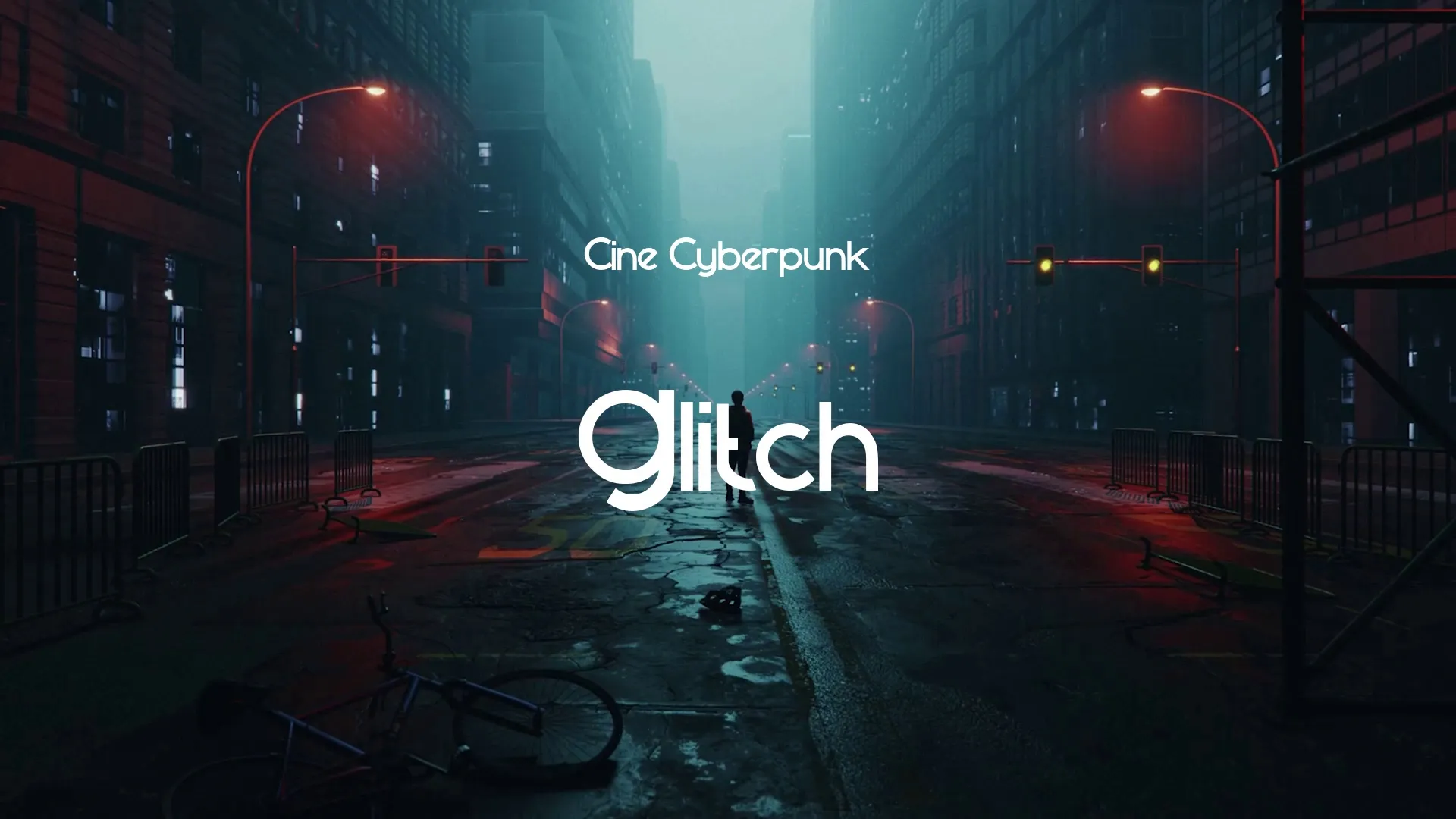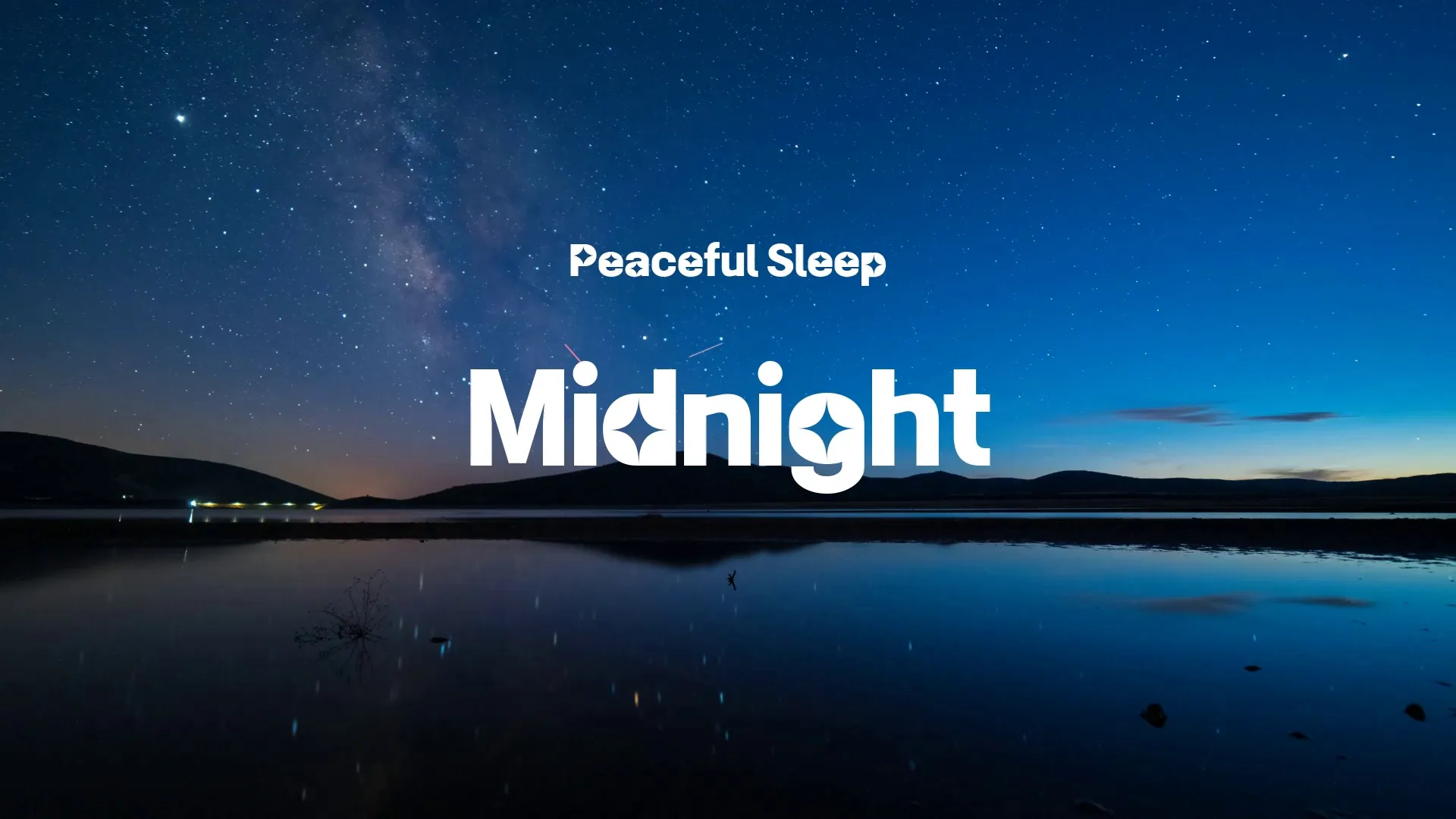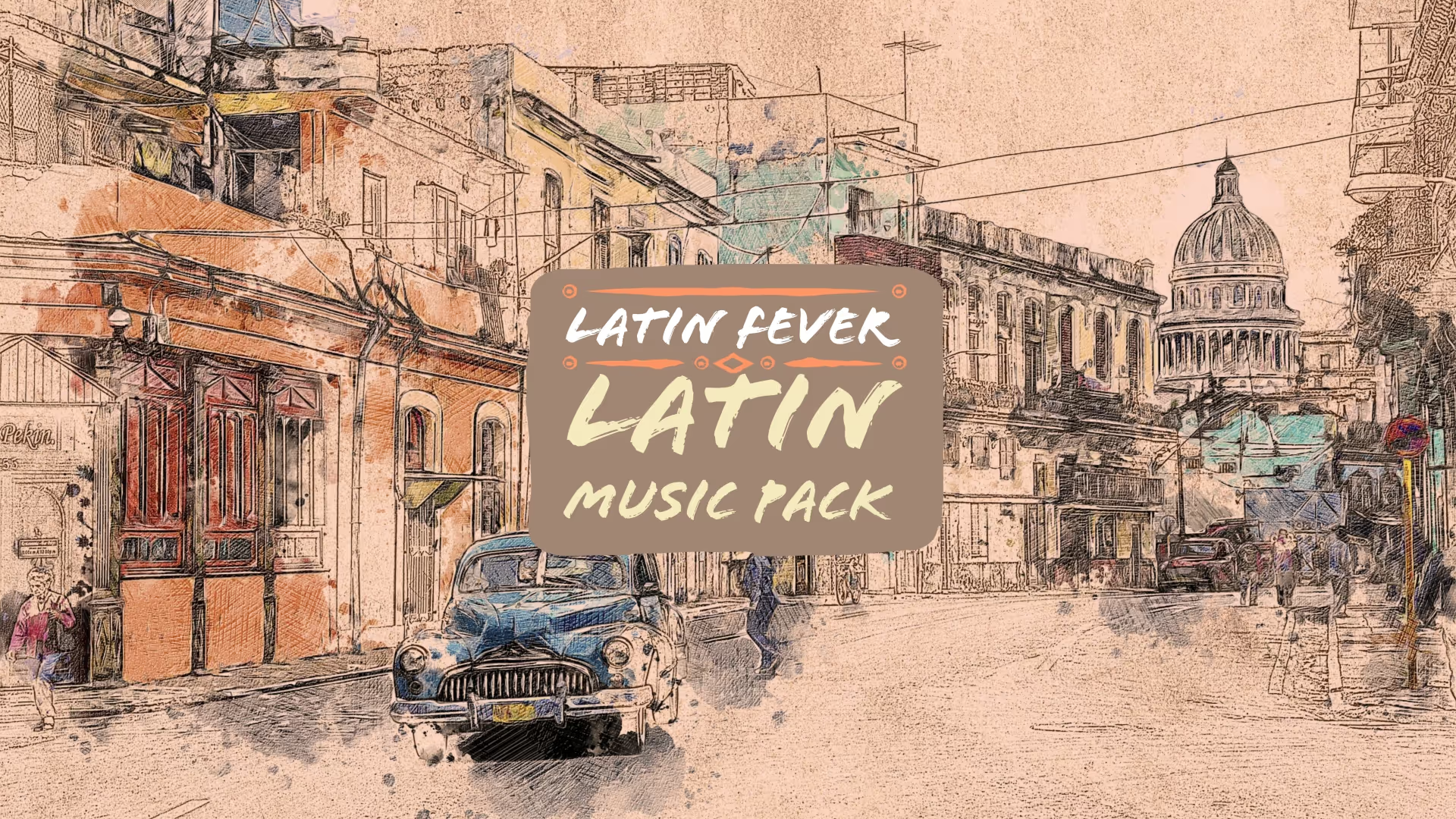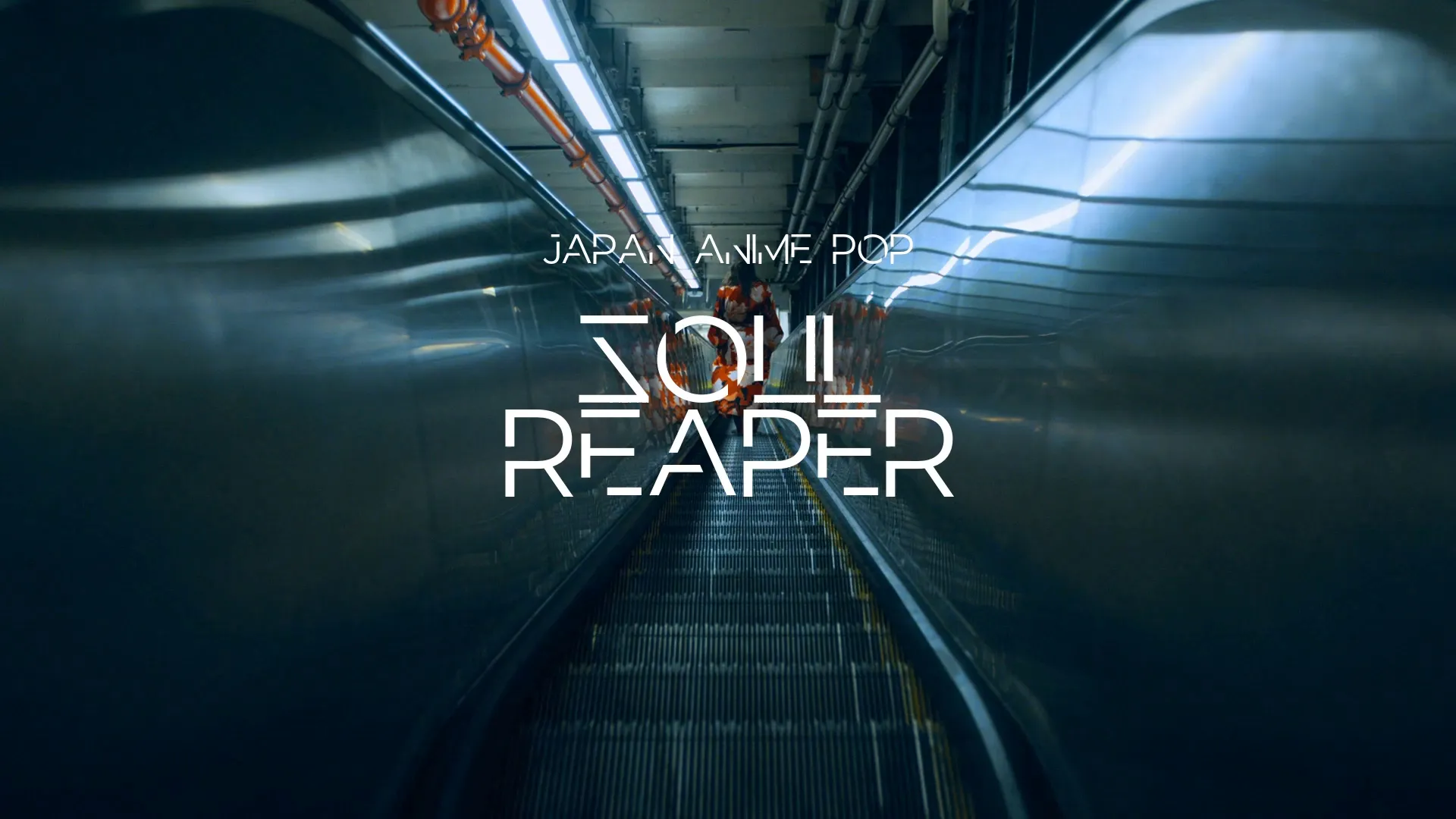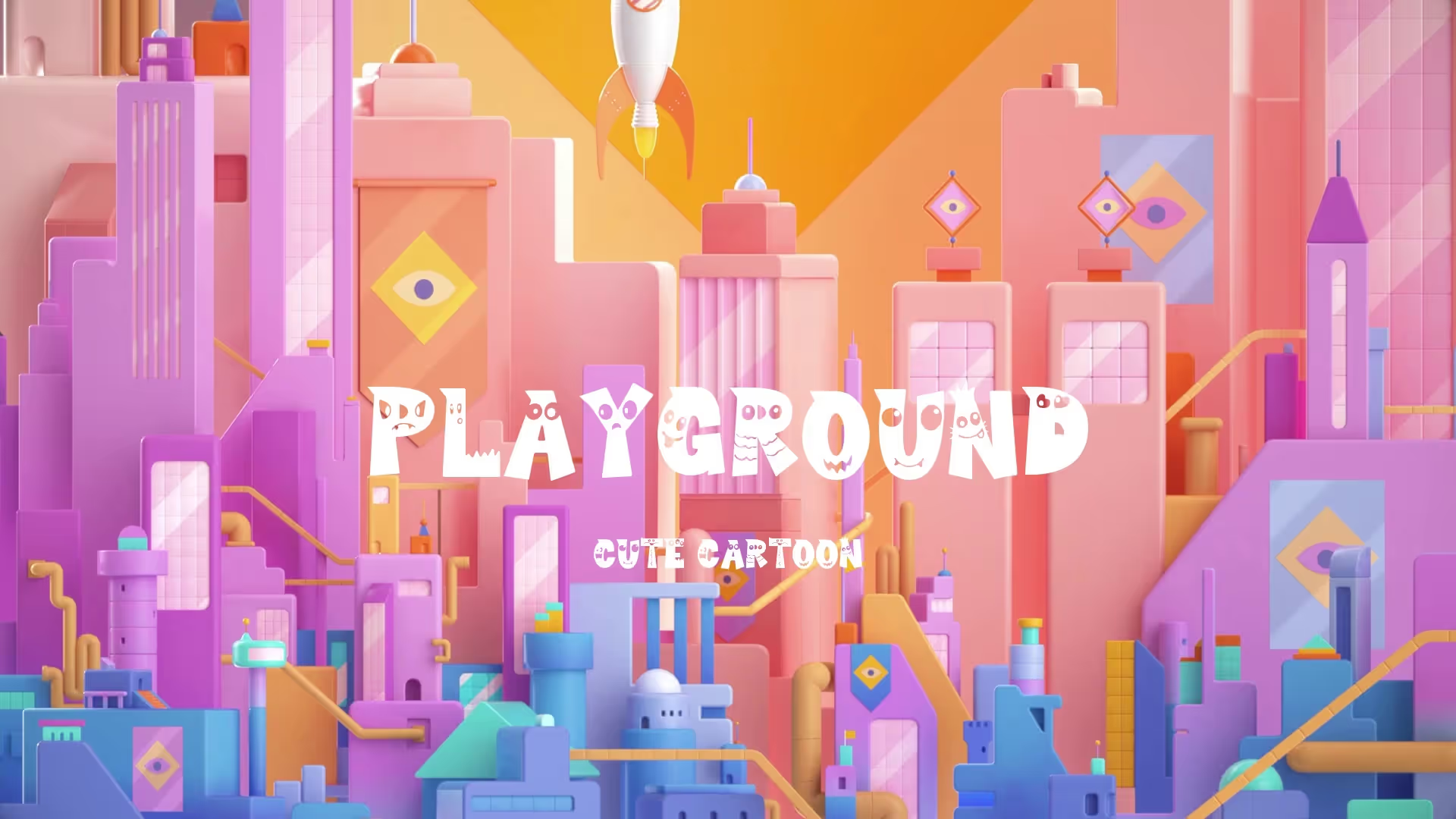Royalty-Free Game Music AI: Enhancing Creative Flow & Development Workflows
Royalty-Free Game Music AI: Enhancing Creative Flow & Development Workflows
Creating compelling game audio is often a significant hurdle for indie developers. Traditional music composition can be time-consuming and expensive, often delaying projects or compromising quality.
Artificial intelligence offers a powerful solution, enabling developers to generate high-quality, legally clear game soundtracks efficiently. This integration not only streamlines audio integration but also significantly enhances the creative process.
The Creative Advantage of AI Music
AI music generation tools fundamentally change how developers approach soundtrack creation. They provide instant access to a vast library of musical ideas, acting as a constant source of inspiration.
Developers can quickly prototype different atmospheric tracks and explore various genres and moods without needing musical expertise. This rapid experimentation fosters a continuous creative flow, preventing bottlenecks in the audio design phase.
AI eliminates the friction of waiting for custom compositions or sifting through generic stock libraries. It allows for immediate auditory feedback, directly impacting the game’s emotional resonance and player experience.
Streamlining Development Workflows with Royalty-Free AI Music
The practical benefits of royalty-free game music AI are immense for development workflows. It offers significant time and cost savings, allowing developers to allocate resources more effectively.
AI tools can generate unique tracks in minutes, drastically reducing the time spent on audio asset acquisition. This efficiency translates into faster iteration cycles and quicker overall project completion.
Crucially, the ‘royalty-free’ aspect provides legal clarity and peace of mind. Developers can use generated music in their commercial games without concerns about ongoing fees or complex licensing agreements.
Tools like Wayline’s Symphony specifically address these needs, offering original, royalty-free compositions that integrate seamlessly into your project.
Common Pitfalls and How to Avoid Them
While AI music is powerful, developers must navigate potential pitfalls to leverage it effectively. Over-reliance on default settings can lead to generic-sounding music that lacks individuality.
Always customize and iterate on AI-generated tracks to ensure they align with your game’s unique identity. Adjust parameters like instrumentation, tempo, and mood to refine the output.
Neglecting the musical context is another common error. Music must serve the gameplay, narrative, and player experience, not merely exist as background noise.
Continuously ask if the music enhances the intended emotion or gameplay moment. Critical listening and in-game testing are essential for quality control.
Create a free account, or log in.
Gain access to free articles, game development tools, and game assets.


